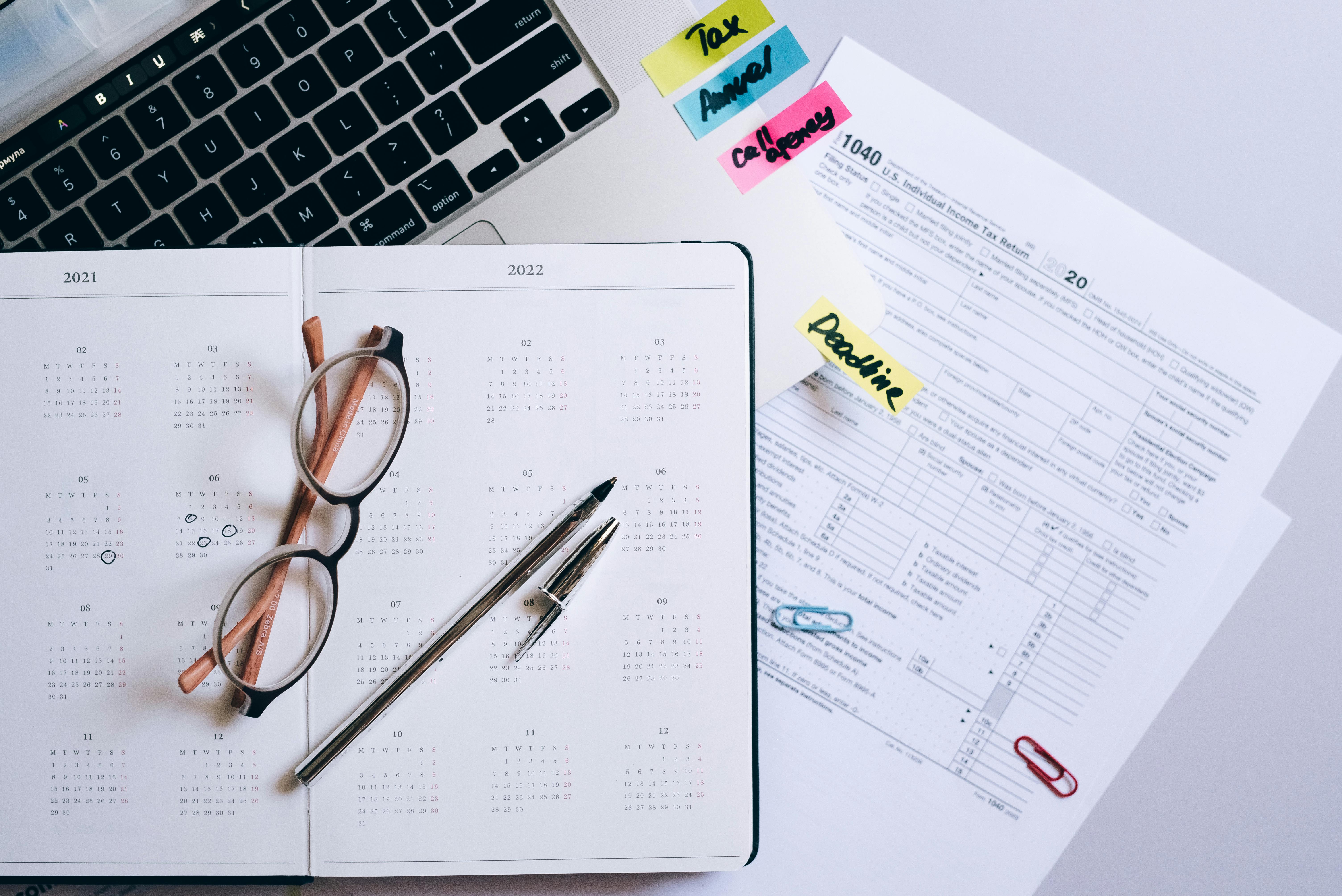Introduction
Canadian taxpayers who hold foreign assets worth more than CAD $100,000 at any point during the tax year are required to file Form T1135 (Foreign Income Verification Statement). While no additional tax is owed for simply holding foreign assets, failing to file T1135 when required can result in significant penalties of up to CAD $2,500 per year.
There is ongoing uncertainty regarding whether cryptocurrency must be reported on T1135, and the Canada Revenue Agency (CRA) has not provided definitive guidance in all scenarios. This article will help clarify:
- When cryptocurrency is considered “Specified Foreign Property”.
- How to determine if your crypto holdings require T1135 reporting.
- Penalties for failing to report and best practices for compliance.
Does Cryptocurrency Fall Under T1135 Reporting?
Under Section 233.3 of the Income Tax Act, Canadian taxpayers must report Specified Foreign Property if its total value exceeds CAD $100,000 at any time in the tax year.
1. The CRA Has Classified Cryptocurrency as Specified Foreign Property
The CRA considers digital currency to be “funds or intangible property”, which falls under the definition of Specified Foreign Property.
This means that, in certain cases, cryptocurrency holdings must be reported on T1135. However, determining whether crypto is considered "foreign" property depends on where it is stored.
2. Determining Whether Cryptocurrency is Foreign or Domestic
The location of the crypto asset is the deciding factor. This is not always straightforward and depends on the type of wallet or exchange used:
- Cryptocurrency held on foreign exchanges (e.g., Binance, KuCoin, Bitstamp) is generally considered foreign property, triggering T1135 reporting.
- Cryptocurrency held in Canadian-based exchanges (e.g., Coinsquare, Bitbuy) may not be subject to T1135 reporting, as the assets are stored in Canada.
- Cryptocurrency held in private cold wallets (hardware wallets) presents a grey area—CRA has not provided clear guidance on whether self-custody wallets are considered foreign property.
Because most cryptocurrency transactions occur on decentralized networks, pinpointing the exact location of digital assets can be challenging. Some tax professionals suggest determining the location based on the primary servers of the exchange where the crypto is stored.
Exceptions: When Cryptocurrency is NOT Reportable on T1135
There are exceptions where cryptocurrency holdings do not require T1135 reporting, even if their value exceeds CAD $100,000:
- Crypto Used in Active Business Operations
- If you actively operate a crypto mining, trading, or DeFi business, these assets may be considered business inventory rather than foreign property, making them exempt from T1135 reporting.
- However, if crypto is held primarily for investment purposes, it is still classified as foreign property and may require reporting.
- Crypto Held in Canadian Financial Institutions
- If digital assets are held in a Canadian-registered brokerage, fund, or financial institution, they do not qualify as foreign property for T1135 reporting.
T1135 Penalties for Non-Compliance
Failing to file Form T1135 can result in significant penalties:
- Late Filing Penalty: CAD $25 per day, up to a maximum of CAD $2,500 per tax year.
- Gross Negligence Penalty: If the CRA determines intentional non-compliance, penalties can be as high as 5% of the unreported foreign property’s value.
- Audit Risk: The CRA actively tracks offshore assets and crypto holdings, making non-disclosure a red flag for an audit.
Best Practices for Compliance
- Keep Detailed Records
- Maintain records of where crypto is stored, the value at year-end, and the exchange or wallet used.
- Track all wallet addresses, exchange accounts, and transactions in case of a CRA audit.
- Determine Whether Your Crypto Falls Under T1135 Rules
- If crypto is stored on a foreign exchange, it is likely reportable.
- If crypto is held in a Canadian exchange or personal wallet, further assessment may be required.
- File T1135 If in Doubt
- If unsure whether crypto is reportable, filing Form T1135 preemptively may help avoid penalties.
- Seek Professional Guidance
- CRA guidance on crypto taxation is still evolving. A tax professional can help clarify whether your crypto holdings require foreign asset reporting.
Conclusion
Cryptocurrency may fall under T1135 reporting requirements, depending on where it is stored and whether it is classified as foreign property.
- Crypto held on foreign exchanges typically requires T1135 reporting.
- Crypto held in Canadian exchanges or used in active business operations may be exempt.
- Failing to file T1135 when required can result in severe penalties.
Given the complexity of foreign property reporting, consulting a crypto tax specialist is the best way to ensure compliance and avoid unnecessary penalties.
If you have any questions or require further assistance, our team at Block3 Finance can help you.
Please contact us by email at inquiry@block3finance.com or by phone at 1-877-804-1888 to schedule a FREE initial consultation appointment.
You may also visit our website (www.block3finance.com) to learn more about the range of crypto services we offer to startups, DAOs, and established businesses.
